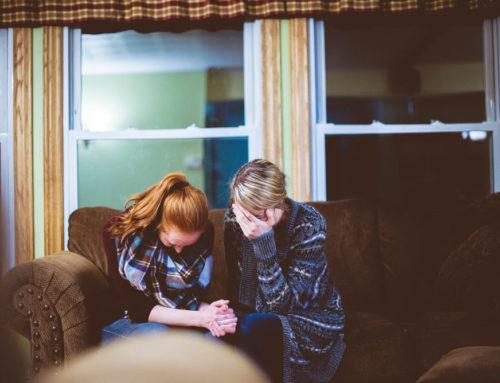In my practice, I see couples for therapy and Collaborative Divorce coaching. Often, there is not much difference in the level of unhappiness. On average, most couples wait six years after the onset of problems before they seek counseling. Waiting this long allows goodwill to erode and bad feelings to grow.
In a perfect world, I would have all couples go to therapy before they get married. This may seem counterintuitive because this is a time when most couples are happiest. However, as most married couples know, the hard work comes after the wedding.
Couples therapy would help to establish good communication and fair fighting skills to set couples on a better path. Also, early and preventive work would build a foundation for a safe working relationship with a couples therapist that could be called upon if serious issues arise.
Many of the couples that enter therapy in my practice are entrenched in bad relationship habits (hurtful criticism, shutting down or becoming explosive during conflict) and often one partner is halfway out the door before we’ve even started. In many cases, couples therapy is the final ultimatum before divorce. This is not the best backdrop for success.
Assuming that you’ve missed the window for premarital counseling, here are some things to consider for couples therapy:
- Enter therapy at the first sign of destructive conflict. After the first fight where people truly regret things said or done (or not said or not done), couples therapy offers a great learning opportunity. You can use therapy to understand the underlying reasons for that fight – it’s never about what you think you are fighting over! You can also learn better tools moving forward.
- Get a good referral. Start asking around – someone you know or a trusted medical professional usually can give a recommendation. Finding a good fit for therapy is one of the most important aspects in choosing a therapist. Look for a therapist who has specialized training in couples work and interview them over the phone to get a better sense of their style and personality.
- Give it time. Problems don’t usually develop over a week or a month, so don’t expect them to be resolved that quickly either. Having unrealistic expectations of the process will lead to disappointment.
Going for professional help is a sign of health and strength, not weakness. Marriage is hard work and changing problematic patterns leads to a better relationship and a higher quality of life. Don’t wait six years or until a major crisis hits, go to couples therapy now to make your relationship the best it can be.






